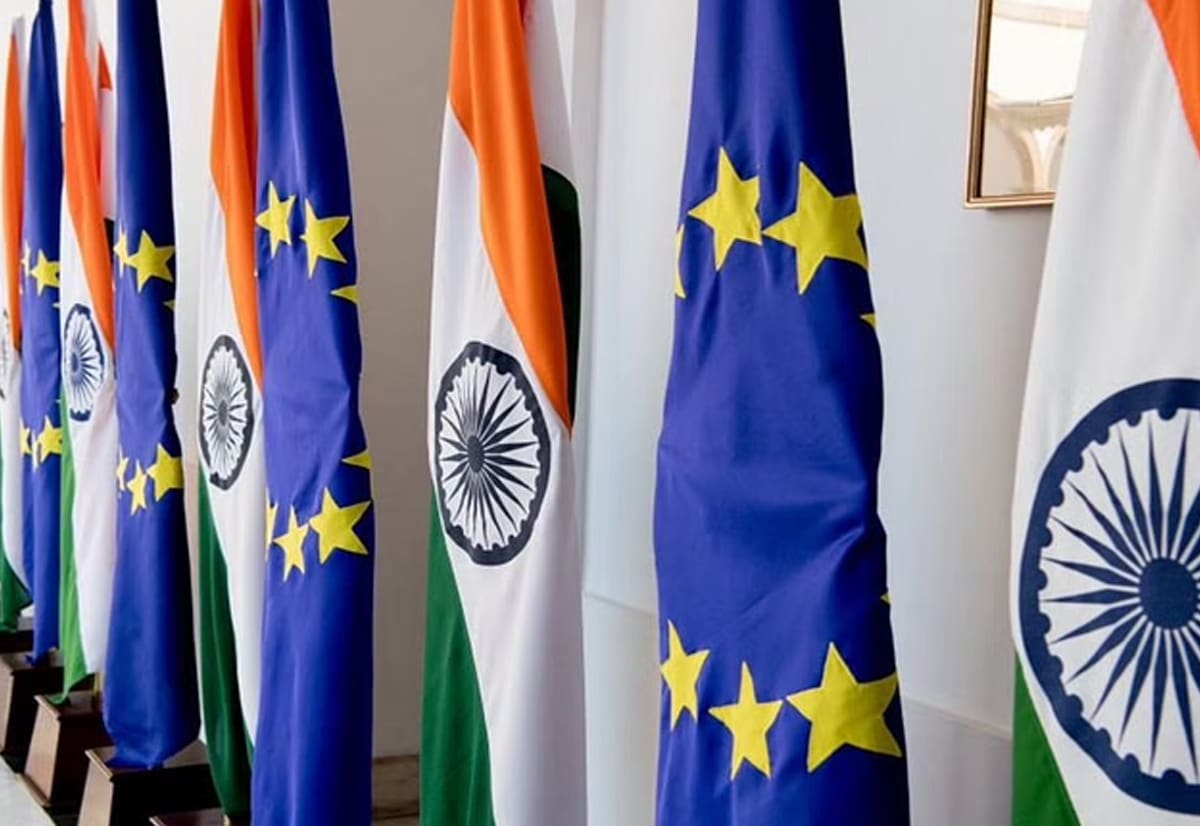India and Australia are intensifying efforts to finalise the Comprehensive Economic Cooperation Agreement (CECA) within the next two months, with a focus on boosting textile trade between the two nations. This push comes ahead of Australia’s upcoming elections, which could potentially delay the agreement.
Rajesh Agrawal, Additional Secretary in the Department of Commerce for India, stated that they were committed to expediting the CECA negotiations. He added that over the next two months, they would work closely with Australia to address any sensitivities and bridge the gaps to achieve a closure.
The CECA builds upon the existing Economic Cooperation and Trade Agreement (ECTA), which offers some tariff relief for textile products. However, the CECA aims to go further by expanding market access and reducing trade barriers specifically for textiles. This is a crucial step for both countries, with India being a major textile producer and Australia a significant consumer.
Addressing Tariff Asymmetries
While India seeks to strengthen its textile trade with Australia through CECA, it is also pushing for a balanced review of its existing free trade agreement with the Association of Southeast Asian Nations (ASEAN). India argues that it has eliminated tariffs on a significant portion of textile exports to all 10 ASEAN member countries, but hasn’t received the same level of duty-free access in return from some of the more developed economies within the bloc.
Sunil Barthwal, Commerce Secretary for India, advocated for a country-wise approach to tariff concessions during the ASEAN agreement review. He suggested that this approach would enable a more balanced agreement that would better reflect the varying economic development levels of ASEAN member states.
Focus on Market Access and Regulatory Issues
India is also engaged in trade discussions with the European Union (EU) and the United Kingdom (UK). In the recent India-EU FTA talks, both sides focused on core trade issues related to market access for textiles and other goods, along with regulations that could impact trade flows. India raised concerns about potential trade barriers arising from the EU’s Carbon Border Adjustment Mechanism (CBAM) and other environmental regulations.
Negotiations with the UK are expected to resume only after the new UK government presents its first budget later this month. Both India and the UK had completed 14 rounds of trade talks before their respective elections.
The intensified focus on textiles in these trade negotiations reflects the growing importance of the industry for both India and its trading partners. A successful CECA with Australia and a balanced review of the ASEAN agreement could significantly boost India’s textile exports, while also providing Australian consumers with greater access to high-quality Indian textiles.

